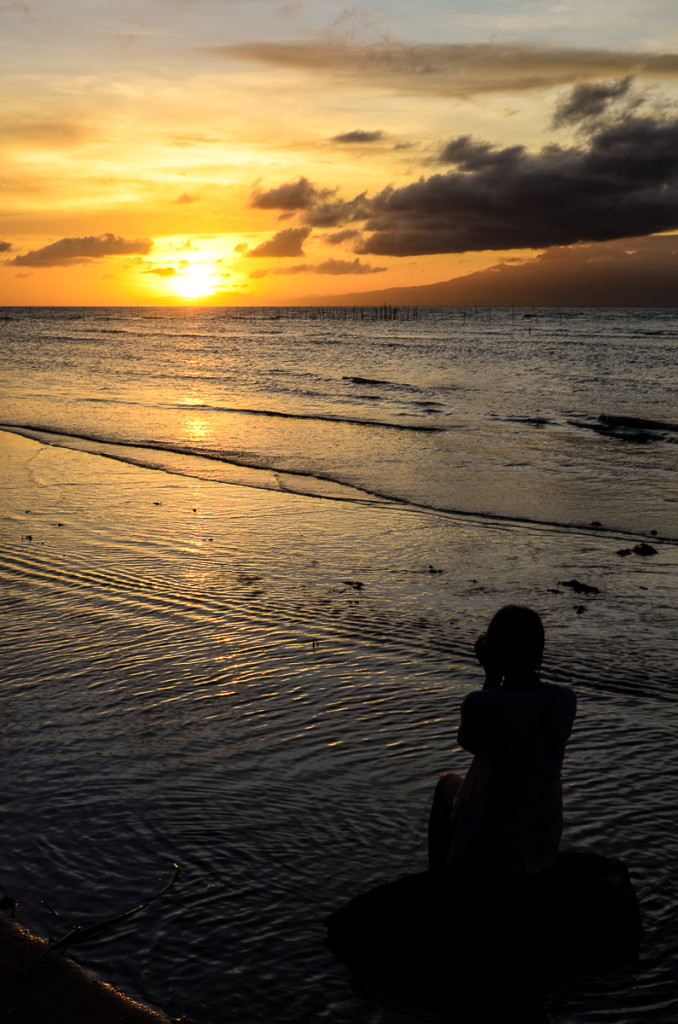It’s easy to just pick up a camera and shoot. You keep shooting until you get something you think is good. It wastes a lot of time, effort and resources, but it could work. And it is what a lot of people do. If you are one of those people and are already happy with how you shoot, then you don’t need to be here. Otherwise, I hope reading on will help you in your desire to do better.
Contrary to what many people seem to believe, the camera, or how good it is, does not dictate the level of quality of the pictures you shoot. Photography starts with your eyes and how your mind perceives the reality delivered by your sense of sight.
I approach photography as I would with writing. I can dryly write what time it is:
It’s 6:00PM.
Sure, it’s a correct way to tell someone the time. It’s concise and specific. But there’s nothing else in there. Perhaps I can add some details.
It’s 6:00PM and it’s still sunny.
We’re starting to have something. Associating time with the weather allows the reader (or listener) to have an easier time imagining how things look around the writer.
It’s 6:00PM and still sunny at the beach.
Now, it becomes interesting. Adding a second layer of context makes it even easier to visualize what I’m writing about. On other hand, to me, it still a dry sounding statement. I am still objective and even detached. What if I want to change that? What if I wanted the reader to know as much of what I felt and perceived as I could? That would require not just additional details, but personal opinion. Those require a fair amount creative writing.
Evening approaches. While it’s already six o’ clock, I’m still enjoying a bit of sunshine along the calm shoreline. The sky isn’t that clear, but it still allowed me to see much of the sun and to watch it set as it lights the horizon with its warm yellow, orange and red rays. This view alone is enough to tell myself: it’s been a good day at the beach.
That might have been a bit long-winded. It’s also a lot more subjective. Some people might not appreciate the level of detail or even how I wrote the passage. But the overall description of the scene is more vivid than the previous statements.
That, to me, is also what photography is about. It’s a means for you to tell a story one frame at a time. But just like in writing, it helps if you have a respectable command of your chosen language in order to be effective at it. Helping you attain that command is what this unit is for.
